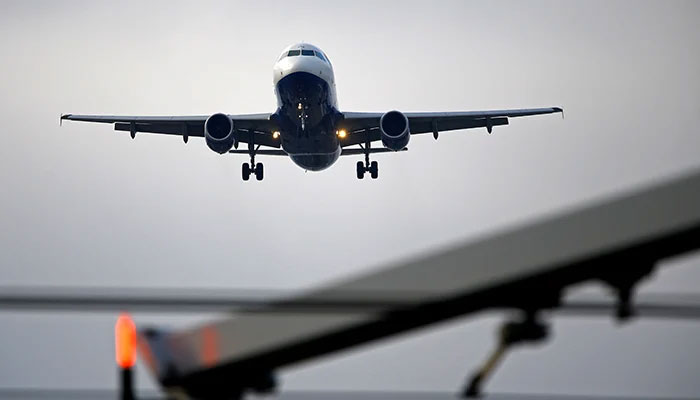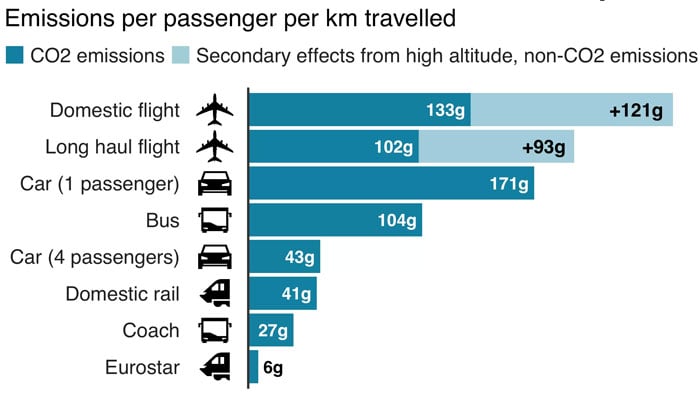France bans short-haul flights to tackle carbon emissions
May 24, 2023

France has taken a significant step in its fight against carbon emissions by implementing a law that prohibits domestic short-haul flights in cases where train alternatives are readily available.
The legislation, which has come into effect after two years of approval by lawmakers, specifically targets routes where the same journey can be completed by train within two-and-a-half hours. As a result, air travel options between Paris and several cities, including Nantes, Lyon, and Bordeaux, have been virtually eliminated. However, connecting flights remain unaffected by the ban.
While the move has been lauded as a step towards sustainability, critics argue that the impact may be more symbolic than substantial. Laurent Donceel, the interim head of Airlines for Europe (A4E), expressed scepticism about the ban's effectiveness in reducing CO2 emissions. According to him, "banning these trips will only have minimal effects" and suggested that governments should prioritize supporting tangible and significant solutions to address the issue.
The aviation industry has been severely impacted by the COVID-19 pandemic, with a significant decrease in the number of flights worldwide. Flightradar24, a popular flight tracking website, reported a nearly 42% decline in flight numbers in 2020 compared to 2019.
Despite the challenges faced by airlines, France's Citizens' Convention on Climate, consisting of 150 members of the public and established by President Emmanuel Macron in 2019, proposed a more stringent approach by suggesting the elimination of plane journeys where train options under four hours were available. However, due to objections from certain regions and Air France-KLM, the proposed time limit was reduced to two-and-a-half hours.

The move to ban short-haul flights is based on the significant disparity in carbon emissions between aeroplanes and trains. French consumer group UFC-Que Choisir highlighted that, on average, planes emit 77 times more CO2 per passenger than trains on comparable routes.
Moreover, the train option is not only more environmentally friendly but also more cost-effective, with only a limited time difference of 40 minutes. The consumer group also called for safeguards to ensure that the French national railway, SNCF, does not exploit the situation by inflating prices or compromising the quality of rail services.
In summary, France's decision to enforce a ban on domestic short-haul flights with available train alternatives represents a significant step towards reducing carbon emissions. However, its actual impact on CO2 reduction and the aviation industry remains a subject of debate.











